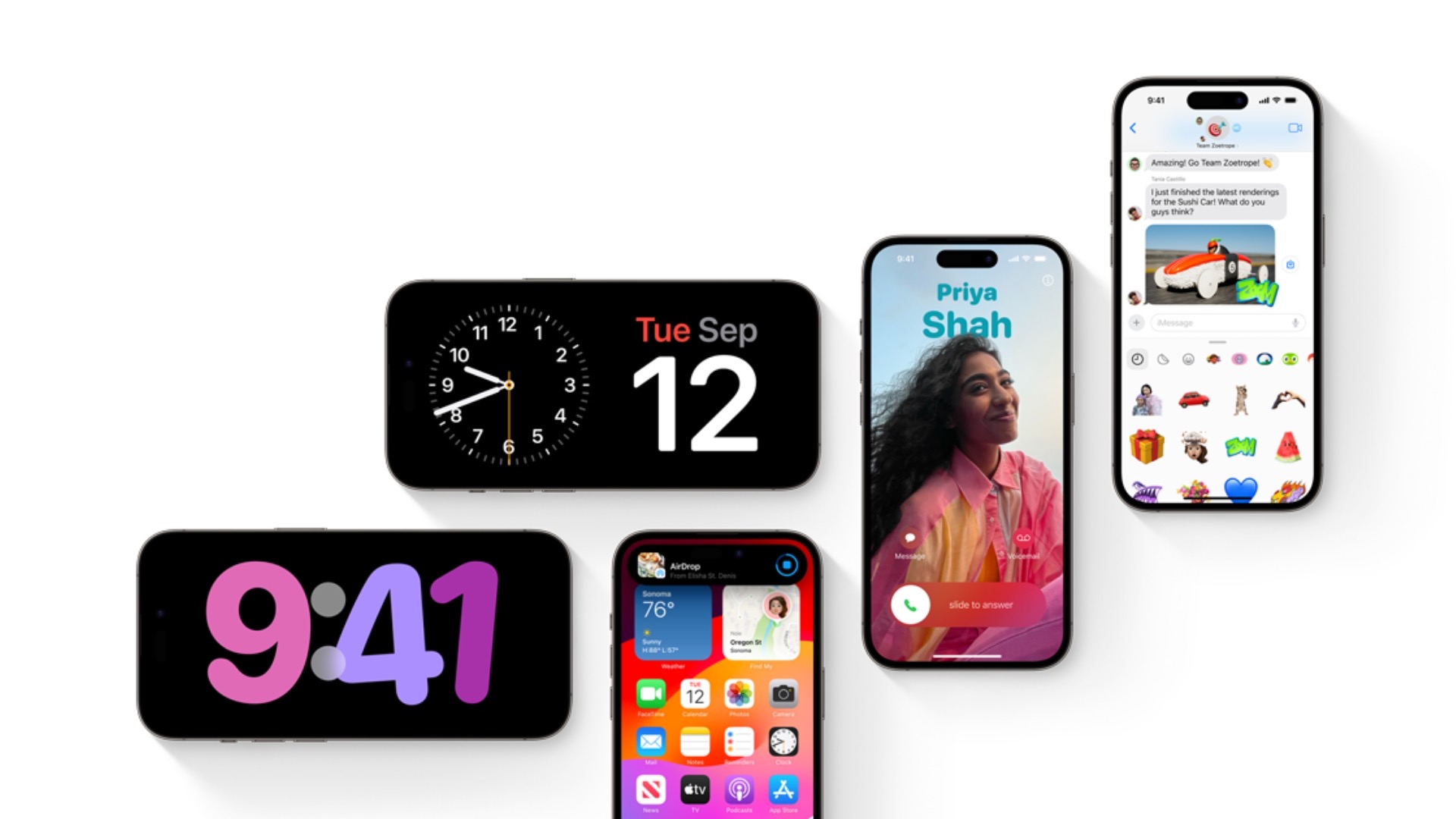
Apple’s Datakalab Acquisition Aims to Boost On-Device AI Capabilities
Apple has made a strategic move in the AI space by acquiring Paris-based startup Datakalab, specializing in on-device processing. This acquisition, finalized last December, was revealed through a European Commission filing (via MacRumors).

While the financial terms remain confidential, the acquisition is believed to be a significant part of Apple’s broader strategy to enhance AI capabilities in its upcoming iOS 18 and other devices.
Established in 2016 by Xavier and Lucas Fischer, Datakalab has made notable advancements in algorithm compression and embedded AI systems.
The startup’s focus on low-power, high-efficiency deep learning algorithms that operate independently of cloud-based systems resonates with Apple’s core principles of user privacy, data security, and efficient performance.
By processing data locally, Datakalab’s technology minimizes the risk of data breaches and ensures faster processing times, making it an attractive asset for Apple.
Datakalab’s expertise in compressing neural networks to function effectively on portable devices like smartphones and tablets likely caught Apple’s attention. This capability aligns with Apple’s reported plans for its LLM AI tool to operate entirely on-device, diverging from the cloud-based approach adopted by most AI services.
Although Apple’s on-device AI tools may have limitations compared to cloud-based rivals, Bloomberg’s Mark Gurman suggests that Apple could “fill in the gaps” by licensing technology from other AI service providers, including Google.

Prior to its acquisition, Datakalab was involved in several high-profile projects, collaborating with entities like the French government and Disney. The startup developed technology capable of analyzing human emotions through facial recognition and visual data.
Apple’s acquisition of Datakalab comes ahead of the highly anticipated Worldwide Developers Conference (WWDC) in early June, where Apple is expected to unveil previews of its next-generation operating systems.

